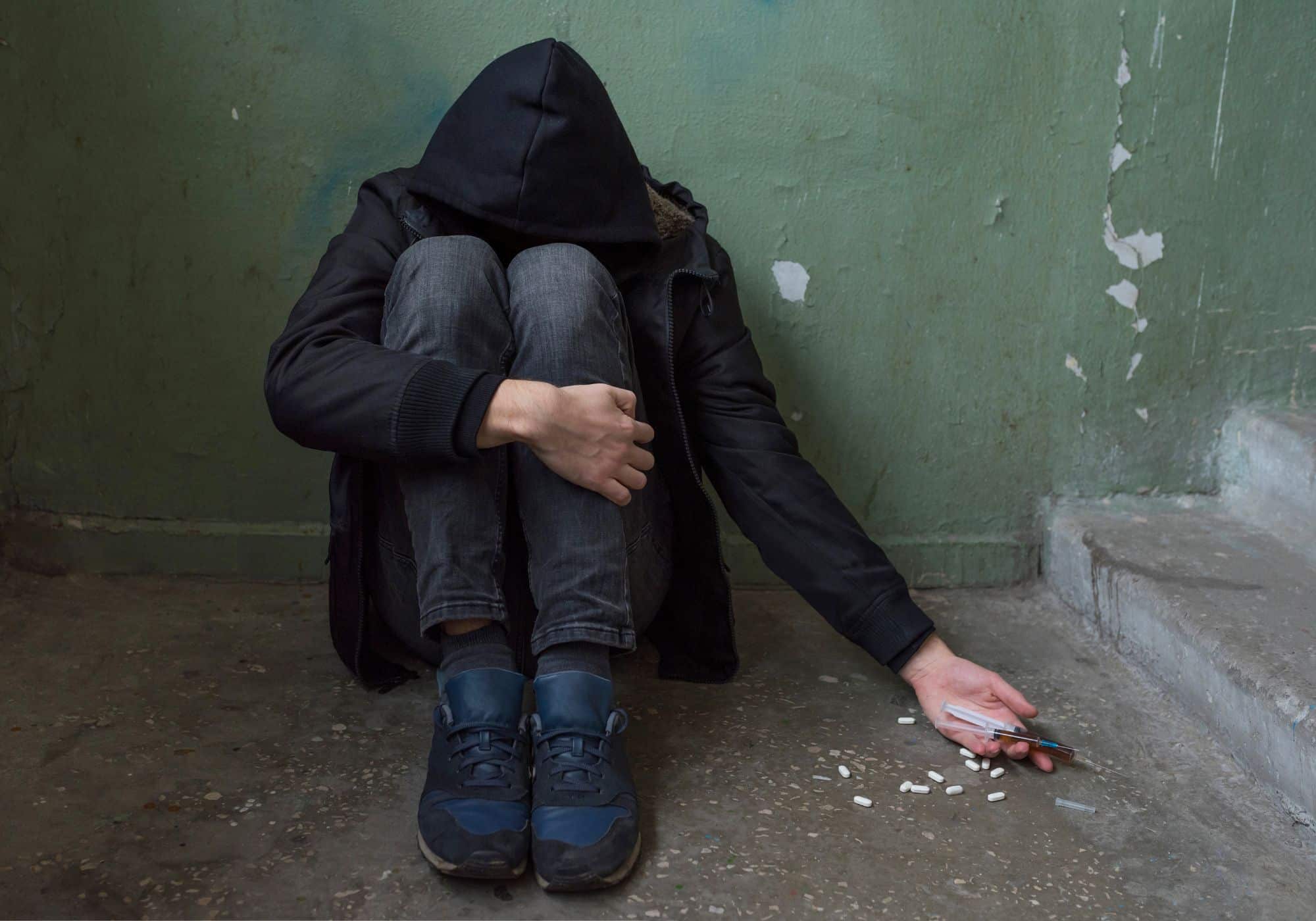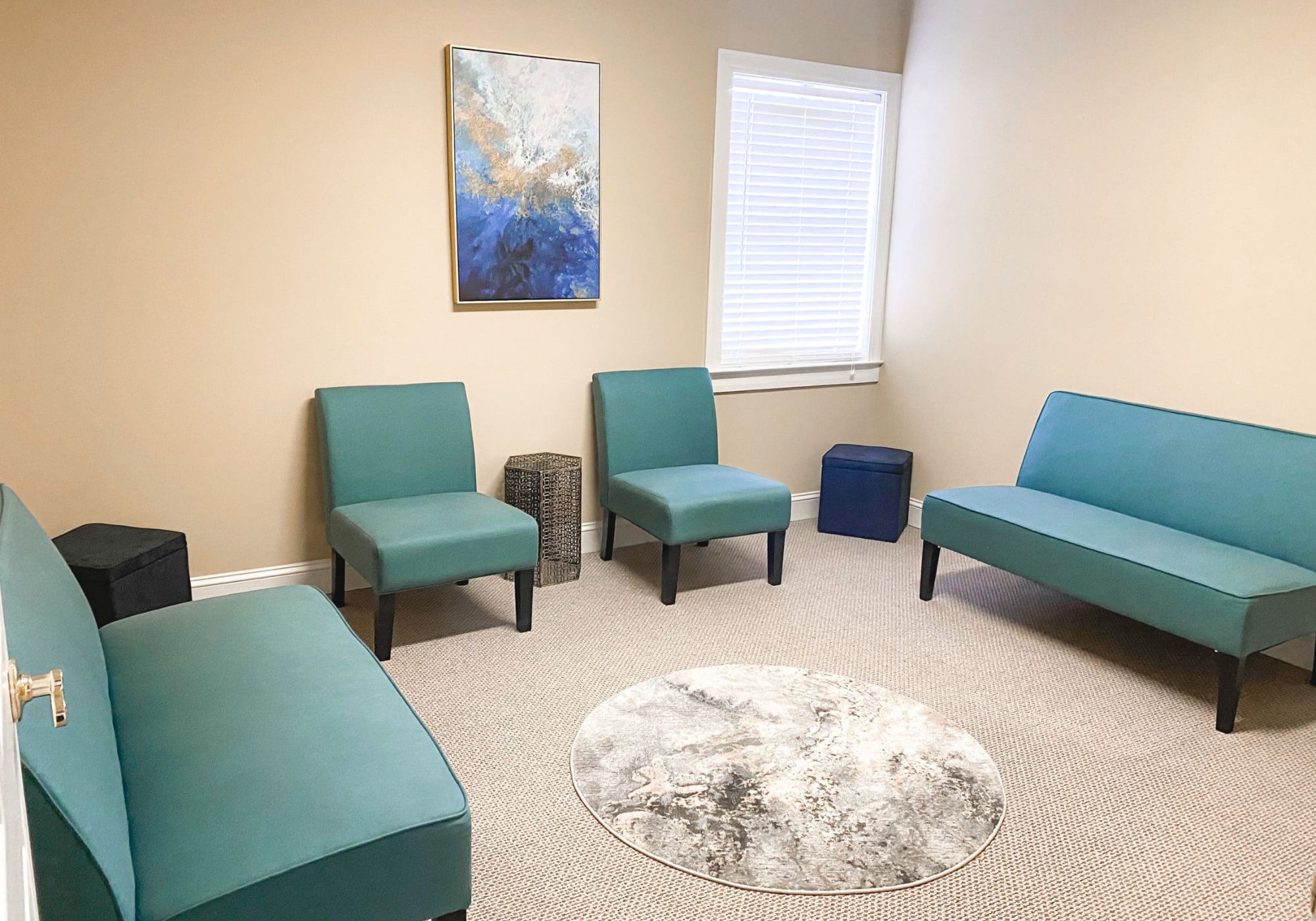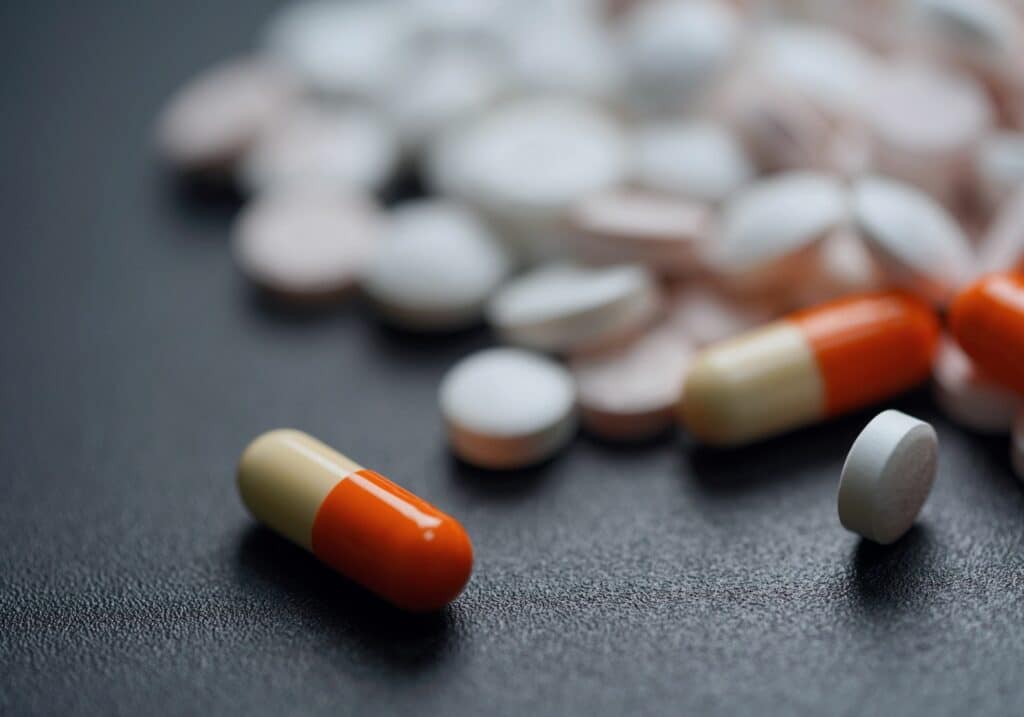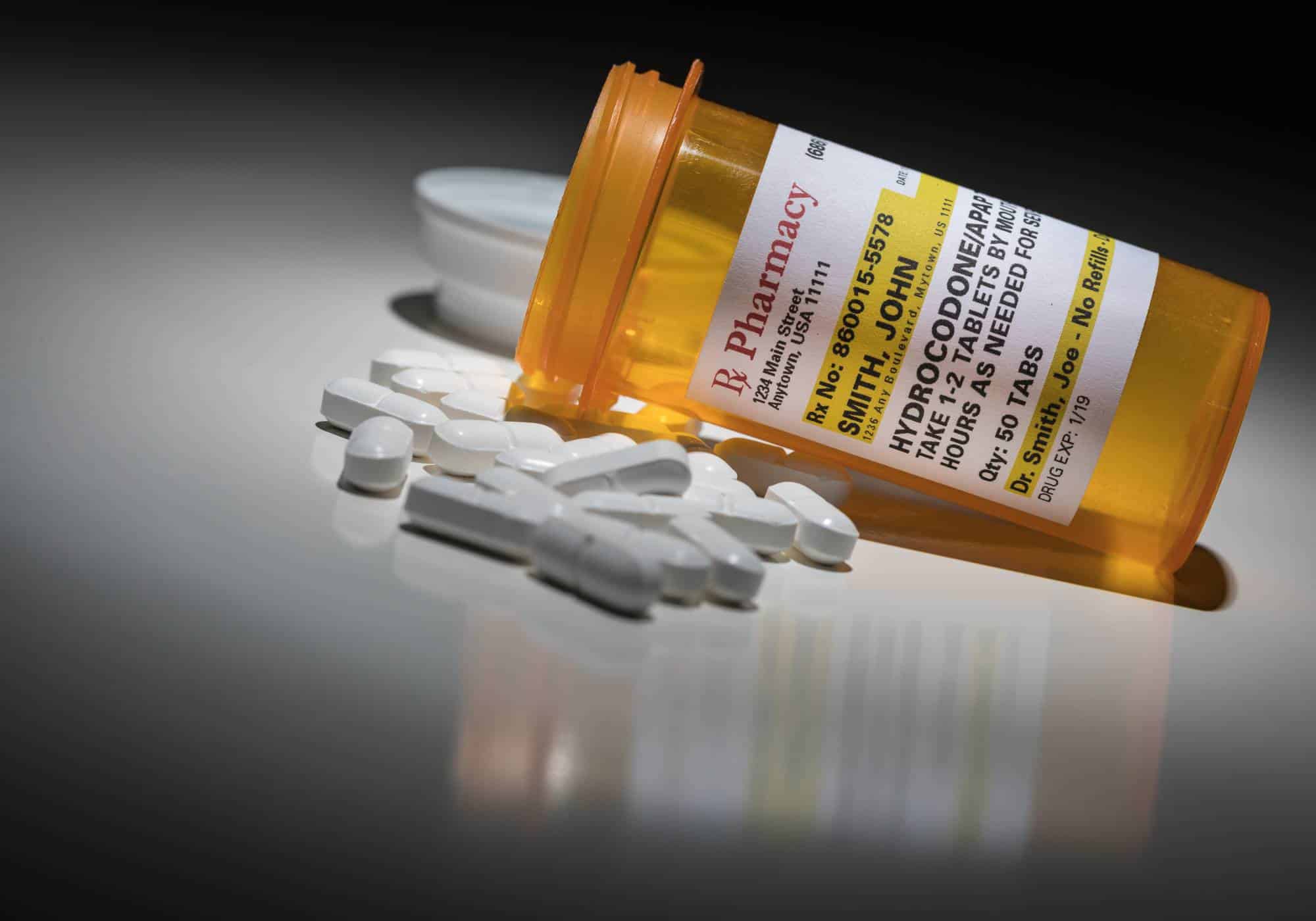Overcoming opiate addiction is undoubtedly challenging, but with the right support and treatment, recovery is achievable. Gaining insight into the structure and advantages of an opiate addiction treatment program is crucial for anyone looking to break free from the chains of addiction or to help a loved one embark on the path to sobriety.
For individuals facing the struggles of substance abuse, sobriety may seem like a far-off goal. Yet, it’s important to believe that recovery is attainable, no matter how many times you’ve tried to quit or how long you’ve been fighting addiction. We’re here to guide you through the recovery journey, providing you with the necessary information about opiate addiction treatment programs. These programs are designed to offer comprehensive support and step-by-step guidance towards a life of sobriety.
What Are Opiates?
Opiates are a group of narcotics that originate from certain plants, known for their ability to induce a state of euphoria for hours. This sensation of intense pleasure makes them highly susceptible to misuse, frequently leading to dependency among users. Among the drugs classified as opiates are:
Most opiates are dispensed in pill form for medical purposes, except for heroin, which is used illicitly. The challenge of opiate abuse is significant in the United States, encompassing both the illegal use of heroin and the misuse of prescription opiates.
Why is Opiate Addiction so Hard to Stop?
Overcoming opiate addiction is an difficult journey filled with numerous obstacles that can make individuals feel ensnared in a relentless cycle of frustration and hopelessness. The challenge of escaping opiate dependency is fundamentally linked to the brain’s reward mechanism. Emotional triggers such as feelings of loneliness, isolation, anger, and stress often drive individuals back to using opiates, which offer a temporary escape, thus making difficult situations momentarily more manageable. This repeated cycle conditions the brain to view opiate use as the main strategy for coping with challenging emotions or circumstances.
The legal prescription of opiates for pain management further complicates the issue, as it can mask the signs of addiction. Consequently, friends and family may not recognize the severity of the problem, attributing the use of these drugs to legitimate medical needs.
Navigating through withdrawal represents a significant barrier to recovery. The severe discomfort associated with withdrawal symptoms frequently pushes individuals back towards opiates in search of relief. This emphasizes the critical need for a supportive and holistic treatment approach that fully addresses the intense hold withdrawal symptoms have on individuals striving to free themselves from the clutches of addiction.
Opiate Addiction Causes and Risk Factors
The path to opiate addiction is not uniform across individuals, owing to a complex interplay of various factors. The combination of genetic, biological, environmental, and psychological influences plays a significant role in determining one’s risk of developing an addiction. Let’s delve deeper into these factors:
Genetic Predisposition: Family history of addiction, particularly among close relatives, can elevate the risk of addiction. While not an absolute predictor of addiction, having relatives who have battled addiction disorders does increase one’s susceptibility, underscoring genetics as a notable factor in the risk equation.
Biological Factors: There’s a hypothesis that a deficit in endorphin levels — natural compounds in the body that mitigate pain and stress — may lead some people to seek external substances, such as opiate narcotics, to fill this gap. This biological shortfall can predispose individuals to opiate addiction as they chase the neurotransmitter boost provided by these drugs.
Environmental Influences: The setting in which an individual grows up, especially if marked by chaos or exposure to substance use, can significantly influence their future risk of addiction. Early exposure to drug use and attitudes toward drug consumption within one’s environment can shape one’s own behavior and approach to substance use.
Psychological Factors: Oftentimes, addiction stems from an individual’s attempt to self-soothe untreated mental health issues. The coexistence of mental health disorders with substance use significantly heightens the risk of developing an addiction, as opiates are sometimes used in an effort to relieve the symptoms of these underlying conditions.
Understanding these diverse factors that contribute to opiate addiction is crucial for crafting effective prevention, intervention, and treatment strategies. Acknowledging the multifaceted nature of addiction aids in the development of comprehensive support systems tailored to meet the varied needs of those struggling with opiate dependency.

Signs And Symptoms Of Opiate Addiction
Opiate addiction can reveal itself through various signs and symptoms, affecting individuals differently. While not all symptoms may be present in everyone, there are common signs that suggest a struggle with opiate addiction:
Mood-Related Symptoms
- Experiencing sudden mood swings
- Encountering bouts of depression
- A noticeable increase in anxiety levels
- Occasional highs or euphoria
- General irritability
Behavioral Symptoms
- Engaging in prescription forgery
- Taking medications from family or friends
- Engaging in theft at pharmacies
- Ignoring responsibilities at home or work
- Poor performance at work or school
- An overwhelming preoccupation with obtaining, using, and recovering from opiate use
- Lying about the extent of drug use
- Losing interest in hobbies and activities
- Isolating from social circles
- Showing signs of restlessness or lack of energy
Physical Symptoms
- Persistent fatigue
- Relief from pain due to drug use
- A decrease in breathing rate
- Experiencing sedation
- Muscle spasms and vomiting
- Trouble sleeping
- Constipation and itching
- Increased perspiration
- Severe cases may lead to seizures, coma, or even death
Psychological Symptoms
- Developing a dependency on opiates
- Memory problems
- Hallucinations or delusions
- Feelings of paranoia
- A decline in mental health
- Increased emotional turmoil
- Worsening of pre-existing mental health issues
These signs underscore the significant effect opiate addiction can have on a person’s overall health, mood, behavior, and psychological state. Early recognition of these symptoms is crucial in seeking intervention and support for recovery. At Hope Harbor Wellness, we offer specialized outpatient opiate addiction treatment in Atlanta, GA. Our team is dedicated to providing a comprehensive and empathetic approach to help those struggling with opiate addiction in Atlanta, GA find their way back to a fulfilling, drug-free life. Reach out to us at 678-672-6731 for more information about our opiate addiction treatment programs and begin your journey towards recovery today.
Effects Of Opiate Addiction
Opiate addiction has far-reaching consequences that can devastate not just the individual struggling with dependency but also their families and communities. The fallout from opiate addiction touches every facet of life, leading to a spectrum of negative outcomes such as:
- Job loss and career setbacks
- Legal issues, possibly resulting in jail time
- The breakdown of marriages and other significant relationships
- Serious health issues, including ulcers and infections
- Cases of domestic violence and neglect
- Financial ruin and homelessness
- Irreversible damage to major organs like the liver and kidneys
- Neurological damage manifesting as seizures or other impairments
- Cognitive decline, impairing memory and decision-making abilities
- The looming threat of a fatal overdose
These severe consequences underscore the urgency of seeking effective treatment and support for those affected by opiate addiction. Recovery programs are essential to help individuals rebuild their lives and heal the damage inflicted by addiction.

Opiate Withdrawal
Opiate withdrawal is a daunting experience, marked by a spectrum of symptoms that vary in severity based on the length and intensity of drug use. Undertaking the withdrawal process without professional medical oversight can be dangerous. Symptoms commonly associated with withdrawing from opiates include:
- Nausea and vomiting
- Intense abdominal pain
- Profound muscle and bone discomfort
- Chills and cold sweats
- Diarrhea
- Severe anxiety
- Powerful cravings for opiates
- Disruptions in sleep patterns
- Dilated pupils
- Agitation and unease
- Suicidal thoughts
- The possibility of seizures
- High fevers
- The danger of slipping into a coma
The presence of these symptoms highlights the necessity of medical supervision to navigate withdrawal in a safe manner, reducing the potential for complications. Should you or someone close to you be facing the challenges of opiate addiction, contact us at 678-672-6731 or fill out our online form for information on our comprehensive opiate rehab center in Atlanta, GA. Begin the journey to recovery and reclaim a life free from opiate addiction.
Does Using Opiates Cause Addiction or Dependence?
Yes, using opiates can lead to both dependence and addiction. Dependence can develop from frequent use or even occasional use over an extended period. Once dependent, obtaining and consuming the drug can become a predominant concern in an individual’s life. Over time, as the body adapts to the presence of the drug, increasingly larger doses are required to achieve the initial effects, a phenomenon known as tolerance. This escalation can significantly increase the risk of addiction, where the compulsive use of the drug dominates an individual’s behavior, often at the expense of their health and well-being.
What are the Dangers of Opiate Addiction in Pregnant Women?
Opiate addiction during pregnancy poses significant risks to both the mother and the unborn child. Studies suggest that nearly half of pregnant women with opiate dependence experience serious health issues such as anemia, heart disease, diabetes, pneumonia, or hepatitis. These conditions can lead to increased complications during pregnancy and childbirth, including a higher incidence of spontaneous abortions, breech deliveries, caesarean sections, premature births, and stillbirths. Newborns of opiate-dependent mothers frequently endure withdrawal symptoms that can persist for weeks or even months, posing severe health risks. Tragically, a notable number of these infants may not survive. This highlights the urgent need for specialized care and support for pregnant women struggling with opiate dependence to safeguard their health and that of their babies.

Types Of Therapy Used To Treat Opiate Use Disorders
The treatment of opiate use disorders requires a multifaceted approach, incorporating a variety of therapeutic modalities to address both the physical addiction and its psychological effects. By employing a holistic strategy, individuals are offered the support and resources needed for enduring recovery and personal development.
- Cognitive Behavioral Therapy (CBT) stands as a cornerstone in treating opiate addiction, enabling individuals to identify, challenge, and alter negative patterns of thought and behavior linked to substance abuse. Through CBT, clients gain valuable skills for handling triggers and avoiding relapse.
- Individual Therapy offers a private setting for clients to delve into personal issues intertwined with their addiction. These one-on-one interactions with a therapist facilitate the unraveling of emotional or psychological barriers, paving the way for profound insight and healing.
- Family Therapy is essential for mending the effects of addiction on familial ties, promoting recovery through improved communication and strengthened relationships. It underscores the importance of a supportive home environment in the healing process.
- Group Therapy creates a communal space for sharing and empathy, allowing individuals to connect over shared experiences. This solidarity encourages accountability and provides motivation from peers also navigating the path to recovery.
- Holistic Therapies such as mindfulness practices, yoga, and meditation, are integrated to support overall wellness. These methods aim to lower stress, increase self-awareness, and achieve a harmonious state of being.
- Music Therapy taps into the power of music for emotional exploration and stress relief, offering a unique medium for expression within a therapeutic context.
- EMDR Therapy (Eye Movement Desensitization and Reprocessing) proves invaluable for those dealing with trauma that fuels their addiction, facilitating the healing of emotional wounds and fostering a healthier outlook on life.
- Red Light Therapy introduces a cutting-edge technique for physical recuperation, aiding in the reduction of withdrawal-related discomfort and promoting tissue repair.
For anyone grappling with opiate addiction and in search of comprehensive opiate addiction treatment options in Atlanta, GA, our program is designed to offer a pathway to recovery. Contact our opiate addiction treatment center at 678-672-6731 to explore how our tailored approach can assist you or your loved one in overcoming addiction.
Opiate Addiction Treatment At Hope Harbor Wellness
At Hope Harbor Wellness, our mission is to offer personalized and thorough care to those battling opiate addiction in Atlanta, GA. Our treatment approach is tailored to tackle the multifaceted nature of opioid dependence, including its significant impact on brain function and behavior. We’ve developed a range of treatment modalities to suit the unique journey of each individual we work with:
Intensive Outpatient Program (IOP): Our IOP provides a balanced approach to treatment, combining the intensity of care needed to address addiction while allowing individuals to maintain their day-to-day lives. This program includes individual counseling, group therapy, and workshops aimed at building coping skills and resilience.
Partial Hospitalization Program (PHP): For those in need of more focused care, our PHP delivers comprehensive support similar to inpatient care but with the flexibility of an outpatient setting. Participants engage in full-day treatment sessions that concentrate on mental health stabilization, managing co-occurring disorders, and fostering skills for sustained recovery.
Outpatient Treatment Program: Designed to meet the diverse needs of our clientele, this program enables participants to undergo therapy while upholding their responsibilities at work or home. Sessions are conducted at our center, decreasing in intensity and frequency as individuals progress, supporting a smooth transition back into community and daily routines.
Choosing the right treatment pathway is crucial, influenced by the depth of addiction, any concurrent mental health conditions, the individual’s support system, and personal circumstances. At Hope Harbor Wellness, we’re dedicated to delivering compassionate and impactful care, customized to each person’s recovery process. Our ultimate aim is to empower those we serve to lead fulfilling lives, liberated from the hold of opiate addiction. Reach out to us at 678-672-6731 to learn more about our opiate treatment center in Atlanta, GA, and start your path to a drug-free future today.









